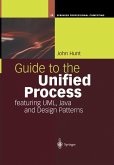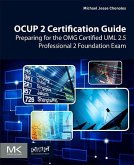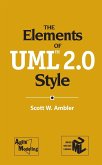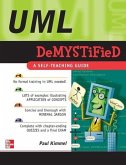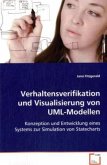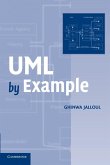UN/CEFACT's Modeling Methodology (UMM) is a UML-based approach for capturing the collaborative space between enterprises. It provides a language and a methodology for accomplishing B2B integration projects. UMM guides a business analyst from requirements elicitation to the design phase of a B2B system. The methodology is not bound to a certain implementation technology - hence a UMM business collaboration model may be deployed on different platforms such as Web Services, ebXML etc. This book covers UMM 1.0, the most recent specification adopted by the United Nations Centre for Trade Facilitation and Electronic Business (UN/CEFACT) known for its work in the field of EDIFACT and ebXML. Together with the UMM 1.0 specification the UMM Add-In has been developed - a plug-in for the UML modeling tool Enterprise Architect. The application of UMM together with the UMM Add-In is outlined in the different book chapters. In detail the book covers the worksheet editor, a user guide for UMM, the UMM validator, the mapping of business information to document formats, and the derivation of process specifications from UMM models.
Bitte wählen Sie Ihr Anliegen aus.
Rechnungen
Retourenschein anfordern
Bestellstatus
Storno


